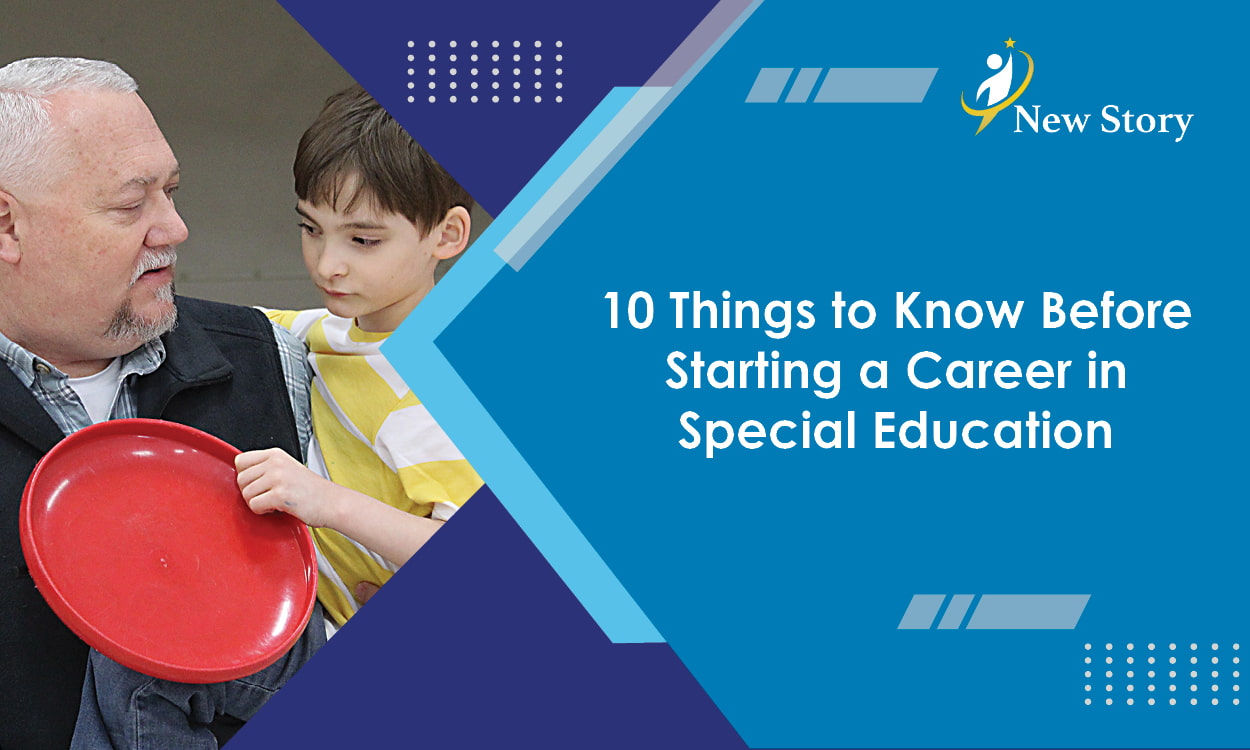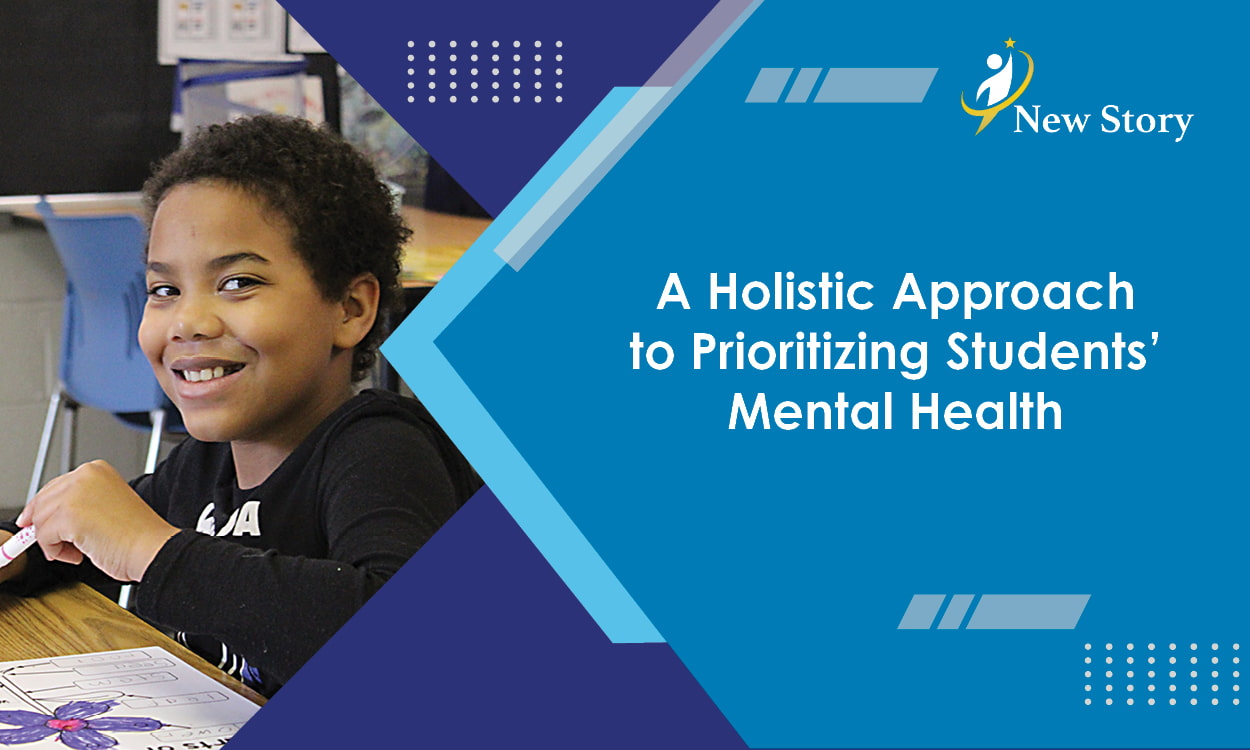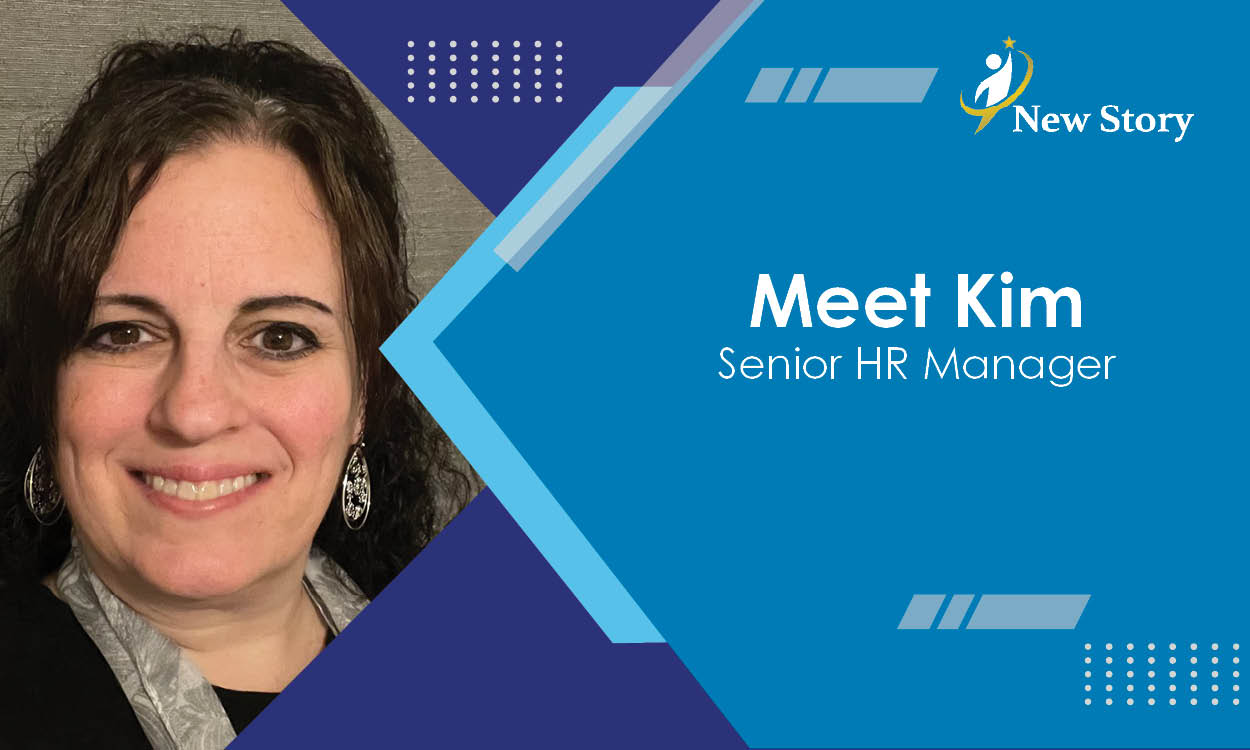10 Things to Know Before Starting a Career in Special Education
Posted: September 15, 2023 | Written By: Drew Delligatti| Category: Special Education Teaching

Embarking on a career in special education is a noble and rewarding path, as it allows you to make a profound impact on the lives of students with diverse learning needs. Whether you're considering this field or already committed to it, here are 10 essential things you should know:
- It's a Calling: Special education is not just a job; it's a calling. It requires a genuine passion for helping students with disabilities overcome challenges and achieve their full potential. Your dedication and patience will be put to the test, but the rewards are immeasurable.
- Diverse Roles: Special education offers a range of career paths. From classroom teachers and behavior specialists to speech therapists and occupational therapists, there are various roles to choose from. Explore your interests and skills to find the right fit for you.
- Individualized Approach: Every student with special needs is unique, and one-size-fits-all approaches don't work. As a special education professional, you'll develop individualized education plans (IEPs) tailored to each student's strengths, weaknesses, and goals.
- Collaboration is Key: Collaboration with parents, general education teachers, specialists, and administrators is crucial in special education. Building strong partnerships will ensure that students receive the necessary support and interventions across all aspects of their education.
- Continuous Learning: The field of special education is constantly evolving. New research, interventions, and strategies emerge regularly. Be prepared for ongoing professional development to stay up-to-date and provide the best possible education for your students.
- Patience and Flexibility: Working with students who have special needs requires exceptional patience and flexibility. Progress may be gradual, and setbacks are common. Embrace a growth mindset, adapt your teaching methods, and celebrate small victories along the way.
- Emotional Resilience: Special education can be emotionally challenging. Witnessing the struggles and triumphs of your students may evoke strong emotions. Building emotional resilience and seeking support when needed are vital for your well-being.
- Advocacy Matters: As a special education professional, advocating for your students' rights and needs is an integral part of your role. Stay informed about laws, policies, and best practices to ensure that students receive the support and accommodations they deserve.
- A Team Effort: Special education is a team effort. Collaborating with other professionals, such as psychologists, social workers, and therapists, will enhance your ability to address students' diverse needs comprehensively. Embrace the expertise of others and work together for the benefit of your students.
- Impactful and Fulfilling: Despite its challenges, a career in special education is incredibly impactful and fulfilling. The progress you witness, the relationships you build, and the positive changes you make in students' lives are unparalleled. Your work will leave a lasting legacy.
Pursuing a career in special education requires dedication, compassion, and a lifelong commitment to learning and growth. Embrace the challenges, celebrate the victories, and be prepared to make a profound difference in the lives of students with special needs. It's a journey that will transform not only their lives but also your own.









